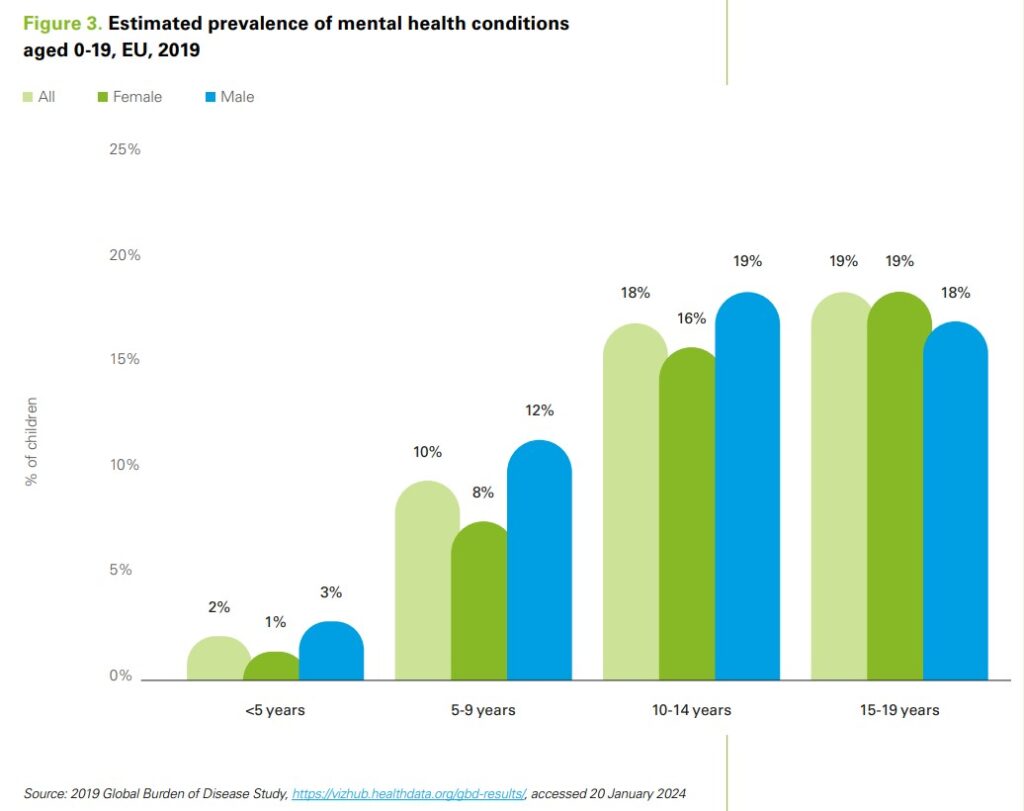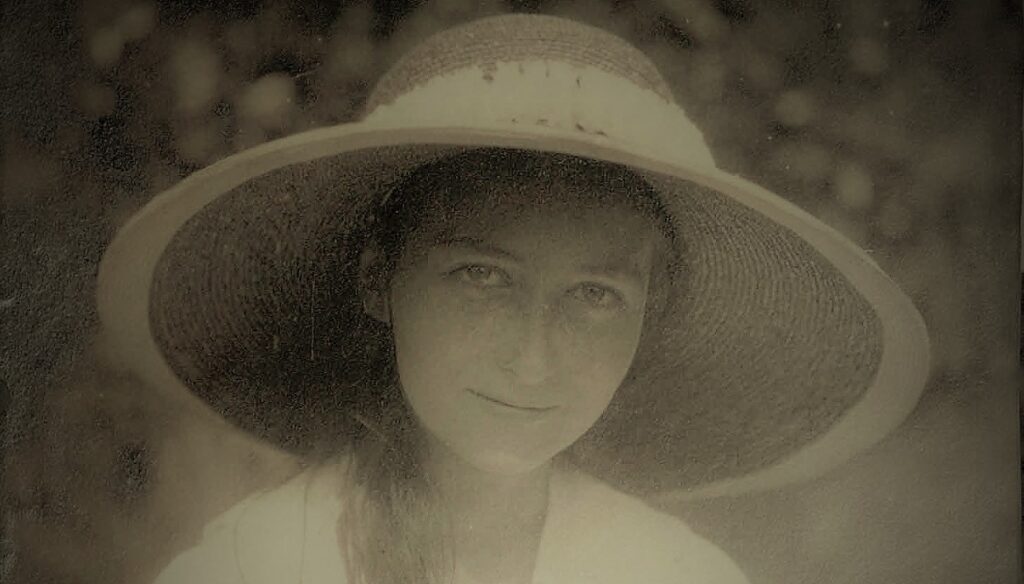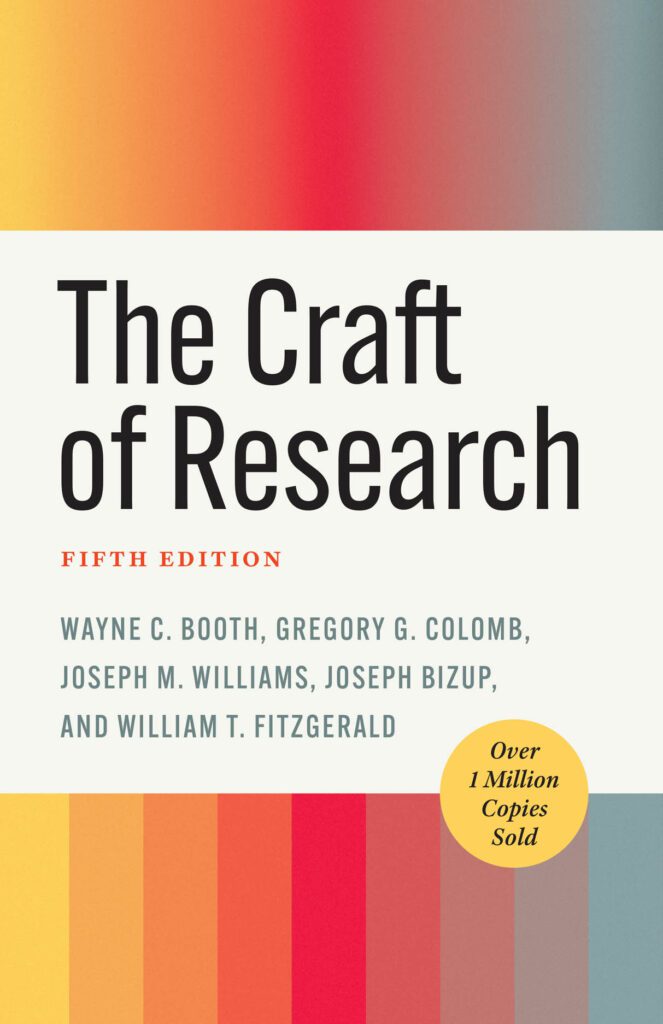
Archive for April 2024
Potential risks of content, features, and functions: A closer look at the science behind how social media affects youth
‘Patience, persistence and proportionality’: Probation officer’s perspectives of desistance in practice
Prevalence, determinants, intervention strategies and current gaps in addressing childhood malnutrition in Vietnam: a systematic review
Sex differences in prevalence and clinical correlates of internet addiction among Chinese adolescents with schizophrenia
Social dominance and authoritarianism have mostly countervailing associations with attitudes about COVID-19 and its management
Analysis of affordability differences for rare diseases in China: a comparison across disease types and regions
Toolkit for place-based plans for housing for older adults
Analysis of Psychology of Religion Content in Introductory Psychology Textbooks
Qualitative Study About Psychedelics: Using in Psychiatric Disorders (PSYCHEQUALI)
Patient and caregiver satisfaction of a palliative care chronic diseases clinic during COVID lockdowns
Stories of building friendships during long-term recovery from problematic substance use
Does Citizen Sector-based Preference Relate to Citizen Satisfaction with Public Service Organizations?
Safer but Alone: How COVID-19 Protections Affected Older Adults’ Mental Health
Using the “Cool Versus Not Cool” Discrimination Procedure to Teach Social Skills Remotely to Adults With Autism
Global priority for the care of orphans and other vulnerable children: transcending problem definition challenges
Tackling Persistent, Boundary-Spanning Problems Through Collaborative Innovation: Lessons From the Clean Sweep Initiative in Buffalo, NY
The State of Children in the European Union

Teamwork Coaching in the Research Development Process
Diaries of Eileen Younghusband, 1917-1930

Eileen Younghusband’s diaries, written between 1917-1930, cover a transitional period in her life, beginning with her wartime childhood in an upper middle class home at Wimbledon and ending as she started her career as a tutor at the London School of Economics. They cover her ambivalent relationship with post-war ‘High Society’, growing interest in politics and issues of social justice, first steps towards social work (through the Whitechapel Care Committee and Bermondsey Princess Club) and education at the LSE, as well as the routine of daily life (particularly with regard to shopping, socialising and travelling).
Are comorbidities associated with differences in healthcare charges among lung cancer patients in US hospitals? Focusing on variances by patient and socioeconomic factors
Investigation of Presumptive HIV Transmission Associated with Receipt of Platelet-Rich Plasma Microneedling Facials at a Spa Among Former Spa Clients — New Mexico, 2018–2023
Which Police Departments Make Black Lives Matter?
Using personal network analysis to understand the interaction between programmes’ facilitators and teachers in psychoeducational interventions
Community-based rehabilitation for people with psychosocial disabilities in low- and middle-income countries: a systematic review of the grey literature
Preventing Excessive Alcohol Use
Anxious to Perform: Compositional Effects of Negative Task-Related Emotions in Teams
Liver stiffness and associated risk factors among people with a history of injecting drugs: a prospective cohort study
In their own words: a qualitative survey of healthcare providers’ experiences with personal protective equipment during the COVID-19 pandemic
Natural origins of social essentialism: Ethnic groups, identities, and cultural transmission
Turning challenge into opportunity – social workers share their experiences of working in a large county

The link between intimate partner violence and spousal resource inequality in lower- and middle-income countries
The Craft of Research, Fifth Edition
